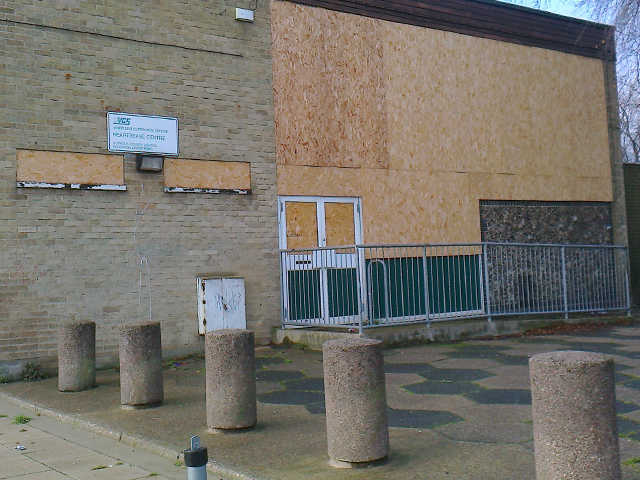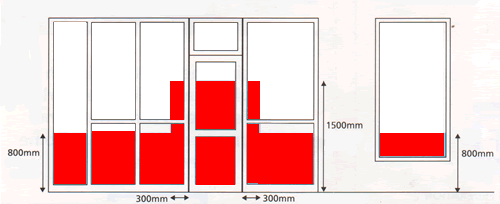
Commercial and domestic emergency boarding and glazing, 7 days a week.
INTERGLAZE offers an emergency boarding up service should your building be damaged or vandalised. We will make your premises safe and secure whilst awaiting re-glazing.
Call INTERGLAZE on: 01603 423767 or 07850 252099
Toughened or tempered glass is a type of safety glass processed by controlled thermal or chemical treatments to increase its strength compared with normal glass. Tempering creates balanced internal stresses which cause the glass, when broken, to crumble into small granular chunks instead of splintering into jagged shards. The granular chunks are less likely to cause injury. As a result of its safety and strength, tempered glass is used in a variety of demanding applications, including doors, lower level glazing, sidelights, rooflights, splashbacks etc.
Laminated glass offers great protection from forced entry by bonding a tough interlayer in between two pieces of glass. Any shards of glass in an accident will remain attached to the plastic and so the risk of injury is reduced. The plastic interlayer is invisible, giving you a clear view of the outside world. It is especially suitable for shops, schools and businesses but is increasingly being used in homes, usually targeted at areas most likely to suffer a breakage and where children are living.
Georgian Wired glass is a product in which a wire mesh has been inserted during production. It has an impact resistance similar to that of normal glass, but in case of breakage, the mesh retains the pieces of glass. Wired glass is also a 30minute fire rated glass.
INTERGLAZE can advise which is the most appropriate product to use in areas where standard glass cannot be used including...doors, side lights, roof lights and vulnerable glazing situation where safety is important such as low level glazing etc.
INTERGLAZE will inform you of safety regulations relating to the use of glass in the home. The key phrase in the updated British Standard "BS 6262: Part 4: 1994 Code of Practice for Glazing for Buildings" is "critical locations". All glazing fitted in these defined locations in domestic buildings must be safe.
A "critical location" is that part of a door, wall, or other part of a building most likely to be subject to an accident involving human impact. The following diagram shows where these critical locations are in a dwelling.

All glass that falls totally or partially in the shaded areas of the diagram must meet the safety standards of British Standard 6206. This means that the glass must be toughened, laminated, wired, or have a plastic film coating. Ordinary annealed glass of minimum thickness 6mm may be used in small panes, provided that it is no wider than 250mm, and the overall area of each pane is no more than 0.5m2. Ordinary glass, other than in small panes as described above, is NOT suitable for use in critical locations, as it breaks into sharp, dagger-like pieces, likely to cause serious injury.
Please cooperate when we ask you where glass is to be used. It is an offence for us to sell glass for use in critical locations which is not the safer type. This is sensible legislation and we are concerned for the safety of our customers.
Please note: information on this page is a summary, not an authoritative statement of the law and is intended for guidance only. Reference should be made to the legislation for more detailed information.

Emergency Callout Service
Interglaze
01603 423767 • 07850 252099
461B Sprowston Road • Norwich • Norfolk • NR3 4EB
Established 1989
No Callout Charge
FREE No Obligation Quotes
Glazier • Emergency Glass • Broken Glass • Window Repair • Double Glazing Repair • Window Film • Security Film • Safety Film
Catton • Drayton • Norwich • Plumstead • Salhouse • Spixworth • Sprowston • Taverham • Thorpe